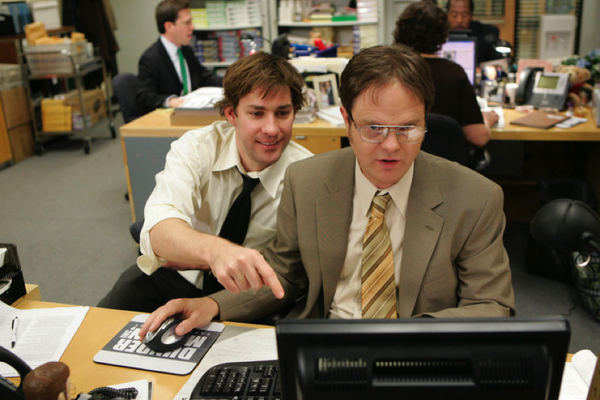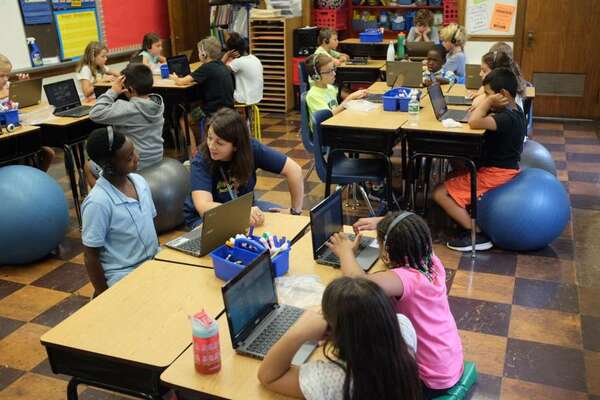Meet the Cloud Office: the workplace of the future
Nobody wants to deal with the hassle of maintaining hardware. It's expensive, difficult, and time consuming to set up your own networked infrastructure, and many companies just aren't dealing with it any more. But as more and more of our computer systems are transitioned into "the cloud," we could end up in a world where the office as we know it is obsolete.

Server rooms are slowly becoming extinct in many small companies. Why bother paying for server racks, space to keep them, air conditioning to keep them cool, system administrators to maintain them, and upgrades every few years when you can just offload all that responsibility to someone else. Even web-focused companies rarely have their own servers on premises.
AWS is so simple you can spin up an EC2 instance with an S3 bucket for hosting your website front end, an API gateway for your app's REST API, an RDS instance for your database, and a Glacier instance for your long-term cold storage in just a few hours. It offloads your responsibilities onto someone else and saves money, what's not to like?
But more than just web services are moving to the cloud. Why manage your own network attached storage on your own expensive, breakable disks? Why manage your own internal email server when you can pay Google or Microsoft to do it for you?

Big tech companies are trying to take advantage of this trend. Google's Chromebooks have miniscule storage and processing power, and rely on Google's Internet architecture to be usable as full computers. Microsoft seems to be trying to go in the same direction.
It makes sense from Big Tech's perspective: more services going through their networks means more data to collect and more control over peoples' lives. Google has aggressively promoted the use of Chromebooks by elementary schools by offering them free services like Google Classroom. The real goal is to lock children into the Google ecosystem from an early age, and create a generation that grows up not understanding the concept of a personal computer.

Assuming this trend towards the cloud continues, what will the future of workplaces look like? Well, the final piece of infrastructure to move offsite for many companies is their own employees' personal desktops and laptops, and the networking equipment that they require. This is already possible today, with virtual private servers running in the cloud and thin clients to connect to them. But that still leaves a need for routers, switches, and ethernet cables.
The next logical step is to remove the computer users as well. Why bother coming into the office when everything is in the cloud? You can just remotely log in to your "workstation" from home.
If everyone works at home, why even have an office? Good idea, taking care of property is expensive, get rid of it. We'll communicate by email and Slack, keep our files in a VPS, and and hold conference by phone. We can even hire new people by Skype.
And that's it, the death of the office as we know it. The Cloud Office is really no office at all. No more water coolers, and no more water cooler conversations to distract people from working. In fact, you might never even meet your coworkers face to face. Maybe they're not even real people. Is it too far-fetched to imagine finding out that your boss is really just a simple script that sends passive-aggressive emails whenever you miss a deadline?